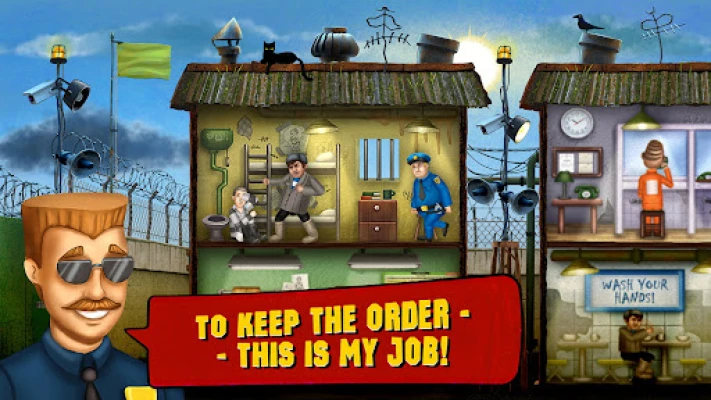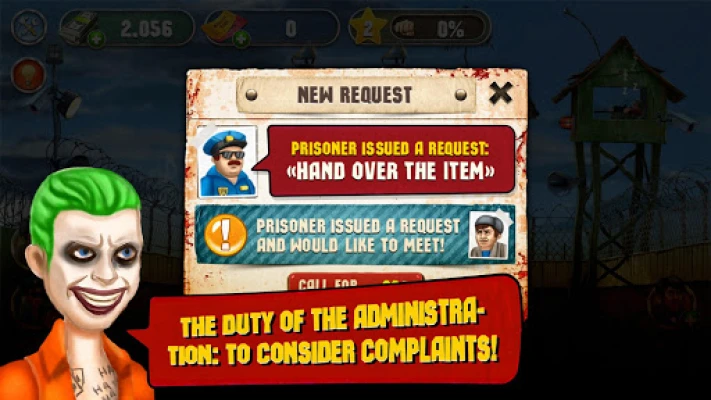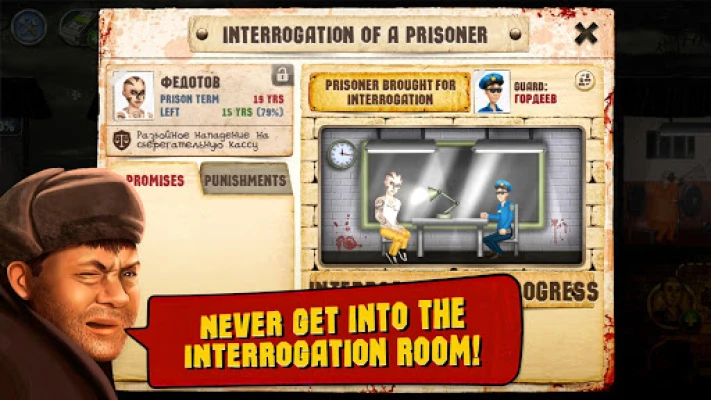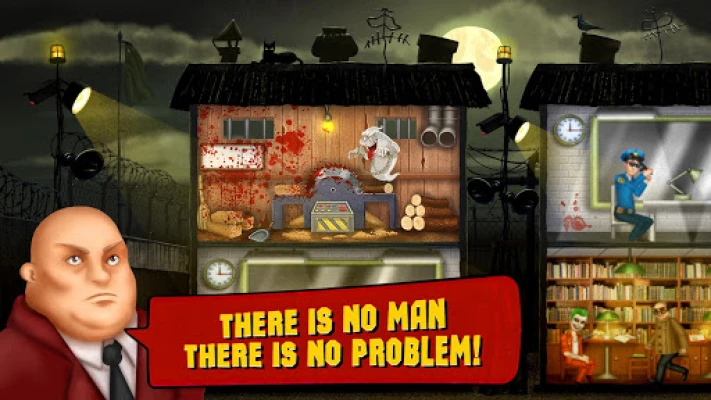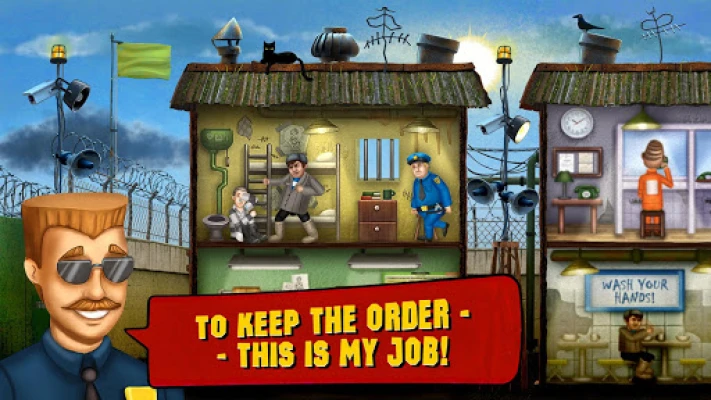
Latest Version
53
January 17, 2025
Appscraft Games
Games
Android
0
Free
ru.appscraft.prison
Report a Problem
More About Prison Simulator
Mastering the Art of Prison Management: Balancing Order, Economy, and Freedom
In the complex world of prison management, your primary responsibility extends beyond merely maintaining order and peace among inmates. You must also engage in economic activities and vigilantly monitor the environment to prevent potential hunger riots. This multifaceted role requires a delicate balance of authority, strategy, and negotiation.
The Role of a Prison Manager
As a prison manager, your duties encompass a wide range of responsibilities. You are tasked with ensuring that your fosterlings—those under your care—do not disrupt one another. This involves implementing strict regulations and fostering an atmosphere of respect and discipline. However, the challenges do not end there.
Economic Activities: A Key Component
Engaging in economic activities is crucial for maintaining the prison's operational efficiency. You must oversee various programs that not only provide inmates with skills but also generate revenue for the facility. This could include vocational training, workshops, and other initiatives that empower inmates while contributing to the prison's economy.
Preventing Hunger Riots
One of the most pressing concerns in prison management is the risk of hunger riots. To mitigate this threat, you must ensure that the inmates receive adequate nutrition and that their basic needs are met. Regular assessments of food quality and quantity, along with open communication channels for inmates to voice their concerns, are essential strategies to prevent unrest.
Navigating Competing Interests
In the intricate web of prison dynamics, you will find yourself constantly maneuvering between various competing interests. Your general, focused solely on financial gain, may push for cost-cutting measures that could compromise inmate welfare. On the other hand, a mafia boss operating within the prison may have ulterior motives that threaten the stability of your facility.
Moreover, the prisoners themselves are primarily interested in finding ways to expedite their release. This desire for freedom can lead to tension and conflict, making it imperative for you to maintain a delicate balance between enforcing rules and addressing the inmates' aspirations.
Effective Communication: The Key to Success
To successfully navigate these challenges, effective communication is paramount. Establishing a rapport with both inmates and staff can foster a sense of community and trust. Regular meetings, feedback sessions, and transparent decision-making processes can help bridge the gap between different factions within the prison.
Conclusion: The Balancing Act of Prison Management
In conclusion, the role of a prison manager is a complex balancing act that requires a keen understanding of human behavior, economic principles, and conflict resolution. By maintaining order, engaging in economic activities, and preventing hunger riots, you can create a more stable and productive environment for everyone involved. Remember, the key to success lies in effective communication and the ability to navigate the competing interests that define the prison landscape.
For any inquiries or further assistance, feel free to reach out to us at support@appscraft.am.
Rate the App
User Reviews
Popular Apps










Editor's Choice











